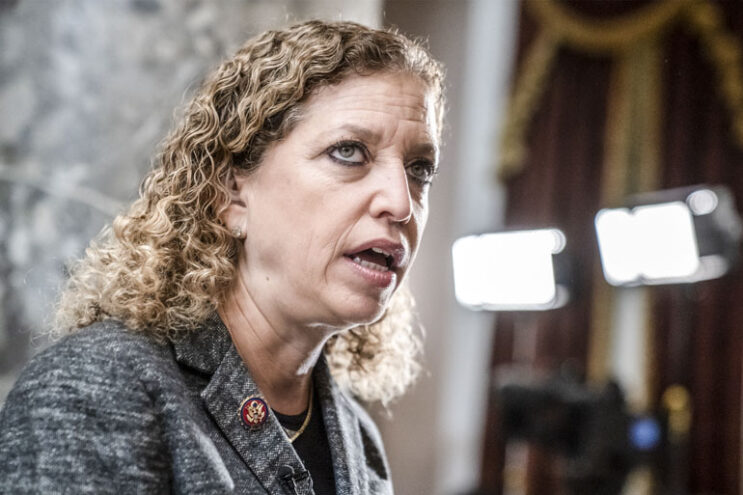
Wasserman Schultz, Other Dems Censor One of Their Own – RFK Jr.
Democrats tried to censor one of their own, presidential candidate Robert F. Kennedy Jr., after his passionate opening statement on at a hearing on censorship Thursday at the House Weaponization Subcommittee.
Kennedy had just defended his record on racism and antisemitism, disputing claims by 102 Democrats in a letter that he had allegedly “spread vile and dangerous antisemitic and anti-Asian conspiracy theories.”
He said that his remarks had been taken out of context, and noted his strong support for Israel. Waving the Democrats’ letter, “I know many of the people who wrote this letter. I don’t believe there’s a single person who signed this letter who believes I’m antisemitic. I do not believe that. There’s no evidence of that.”
He noted that he had been censored on social media platforms — not just on the topic of vaccines, but on ordinary issues.
Following his remarks, Rep. Debbie Wasserman Schultz (D-FL), who had used an earlier hearing to attack the practice of professional journalism itself, moved that the hearing be moved into “executive session,” ending the public testimony. She cited rule 11, section 2, of the House, which provides for an executive session if testimony “would tend to defame, degrade, or incriminate any person.” Republicans moved to table the motion.
Democrats then demanded a roll call vote, and used their votes to deliver short speeches, with Rep. Gerry Connolly (D-VA) calling the committee, without irony, a “Soviet politburo,” as he voted to censor Kennedy.
“This is a hearing on censorship that began with an effort .. to censor Mr. Kennedy!” Rep. Thomas Massie (R-KY) later exclaimed.